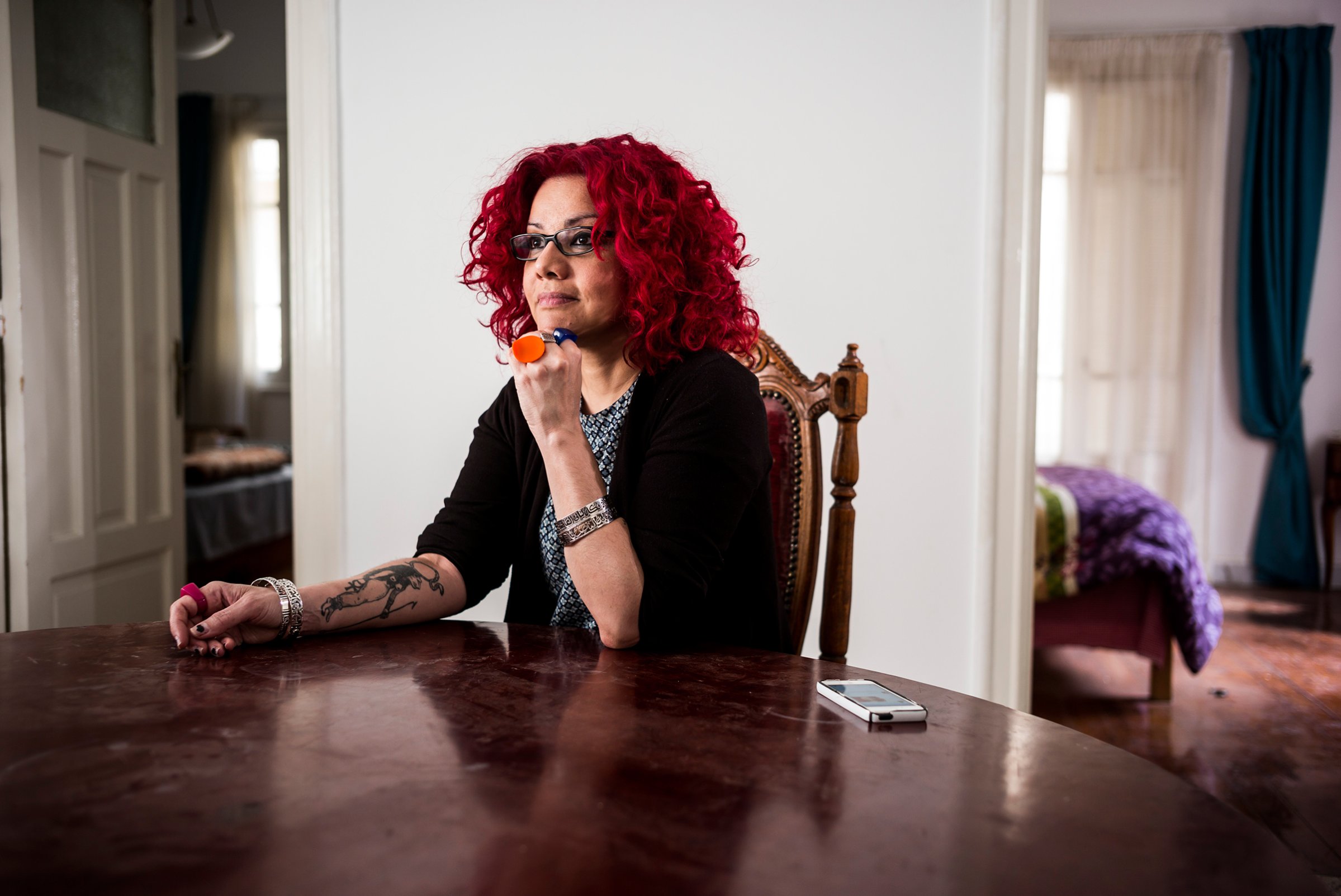
Using the hashtag #MosqueMeToo, Muslim women have begun to speak up online about sexual abuse experienced while on the hajj, the annual Islamic pilgrimage to Mecca, and in other religious spaces like mosques. Here’s more.
THE SPARK
An unidentified Pakistani woman took to Facebook in February to write about the repeated sexual harassment she encountered while on the hajj in Mecca. A mandatory religious obligation for Muslims, the hajj is a five-day pilgrimage undertaken by about 2 million Muslims each year. The woman subsequently deleted her post, but it encouraged women across the world to share their own stories on social-media platforms.
THE HASHTAG
As women’s accounts of being poked, pinched, groped and in other ways sexually violated on the hajj began to snowball, social-media users converged with the hashtag #MosqueMeToo. Egyptian-American feminist Mona Eltahawy set the hashtag in motion by sharing her own experience of sexual assault on the hajj at the age of 15. Her tweet was shared more than 2,000 times in 24 hours.
THE BACKLASH
Eltahawy said on Twitter that when she first spoke out about being assaulted on the hajj, Muslim women told her to keep quiet or else she would “make Muslims look bad.” Similarly, critics on social media have responded to #MosqueMeToo by suggesting the women are tools of Islamophobia or Western propaganda. Supporters say Muslim women cannot stay silent and continue to suppress the issue of assault in order to avoid negative characterizations of Muslims.
More Must-Reads from TIME
- Cybersecurity Experts Are Sounding the Alarm on DOGE
- Meet the 2025 Women of the Year
- The Harsh Truth About Disability Inclusion
- Why Do More Young Adults Have Cancer?
- Colman Domingo Leads With Radical Love
- How to Get Better at Doing Things Alone
- Michelle Zauner Stares Down the Darkness
Write to Laignee Barron at Laignee.Barron@time.com